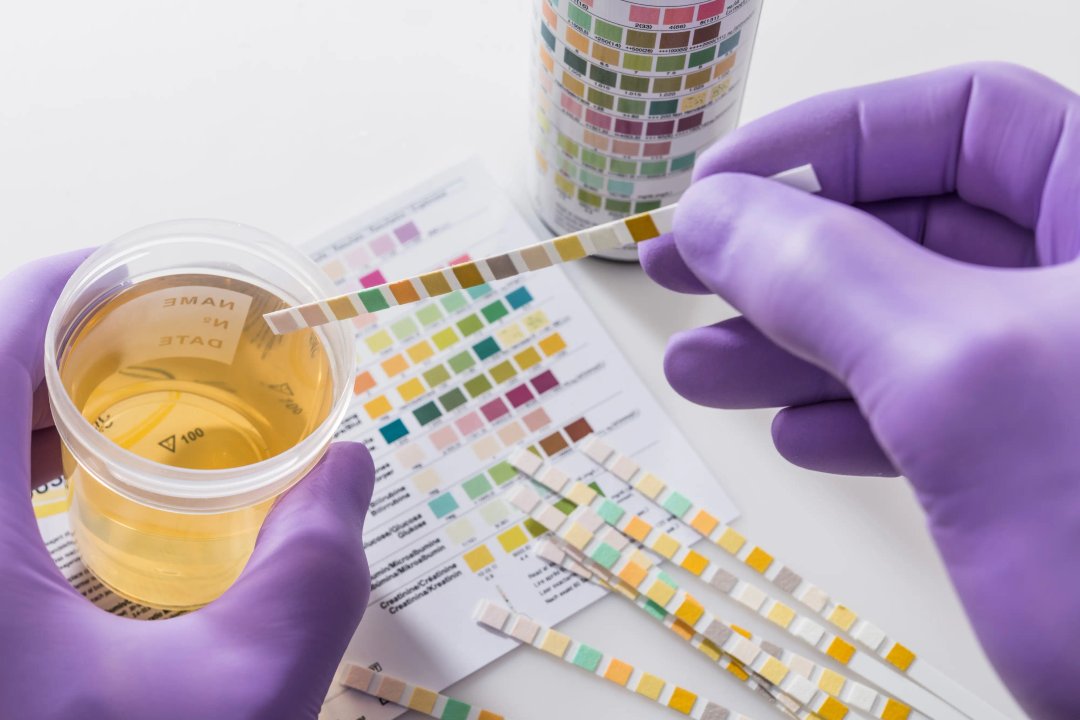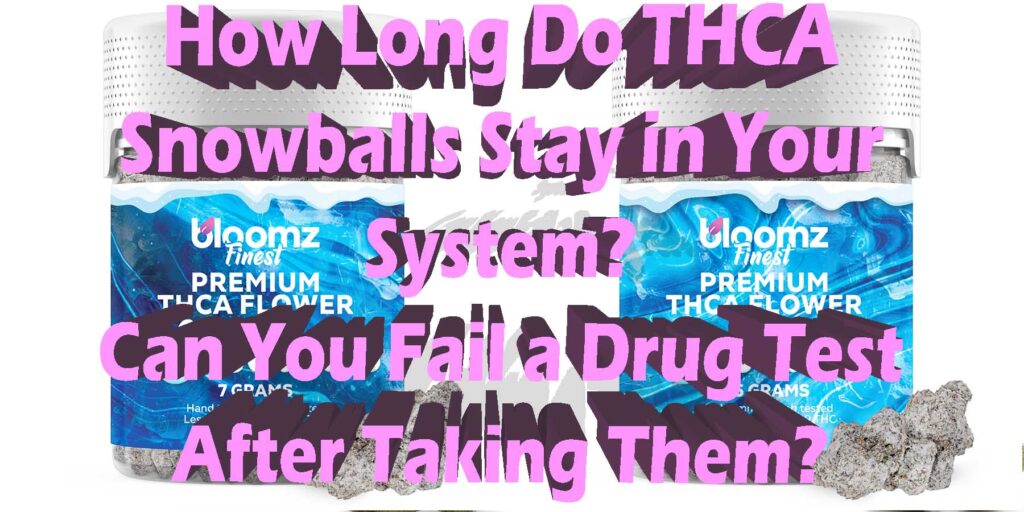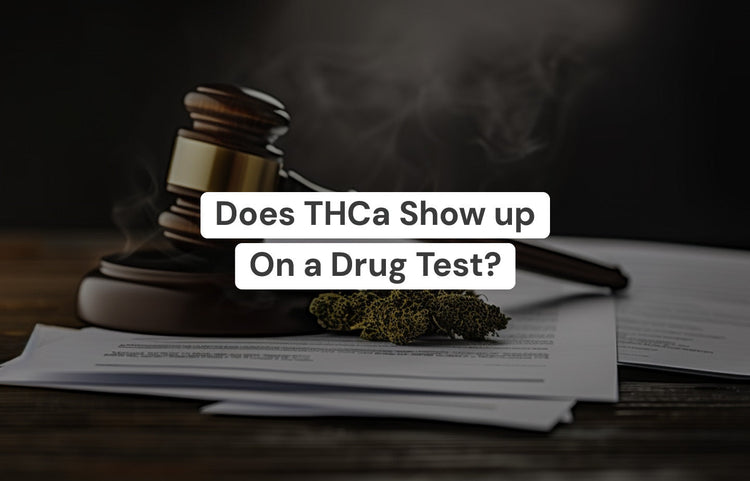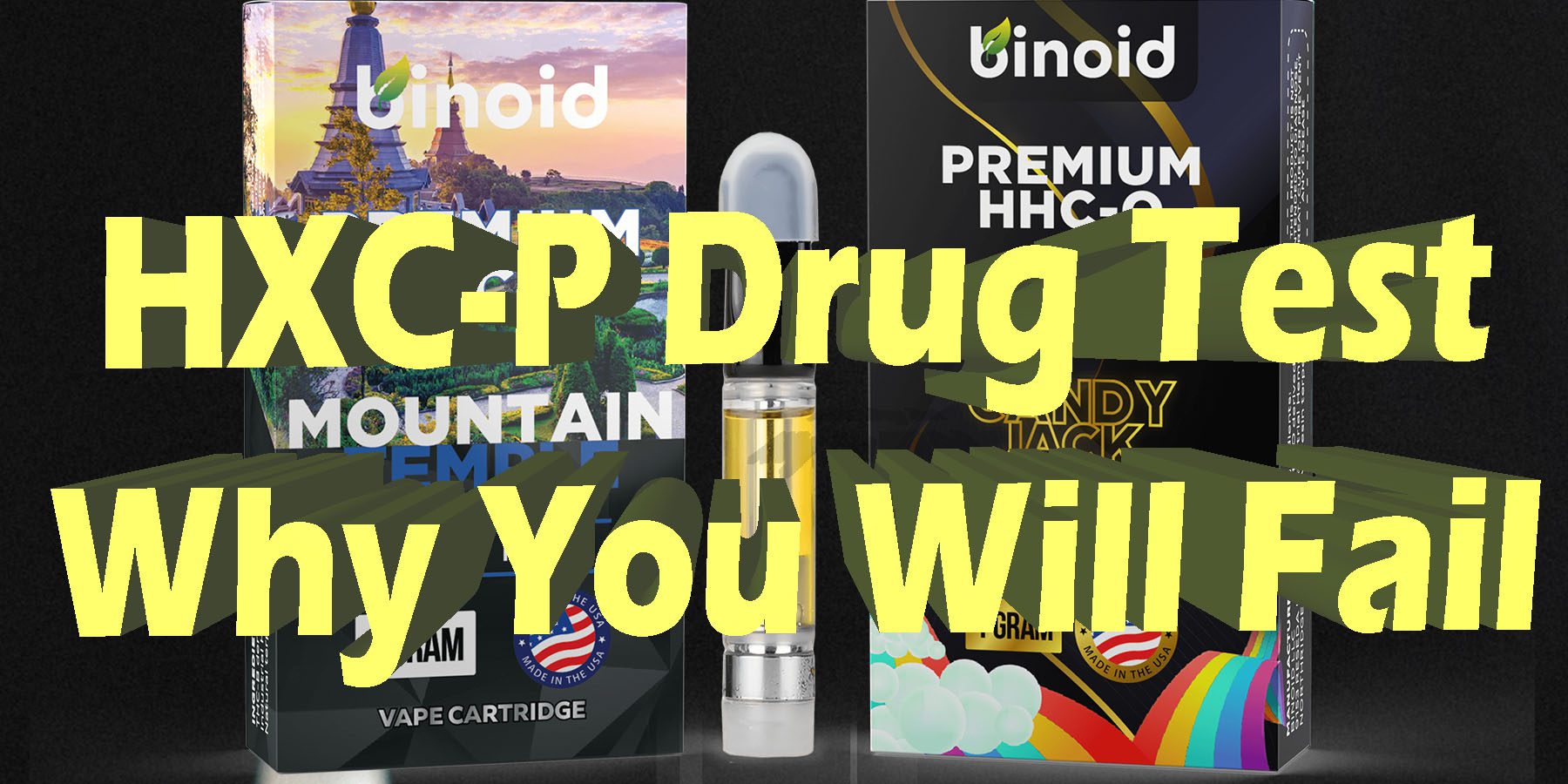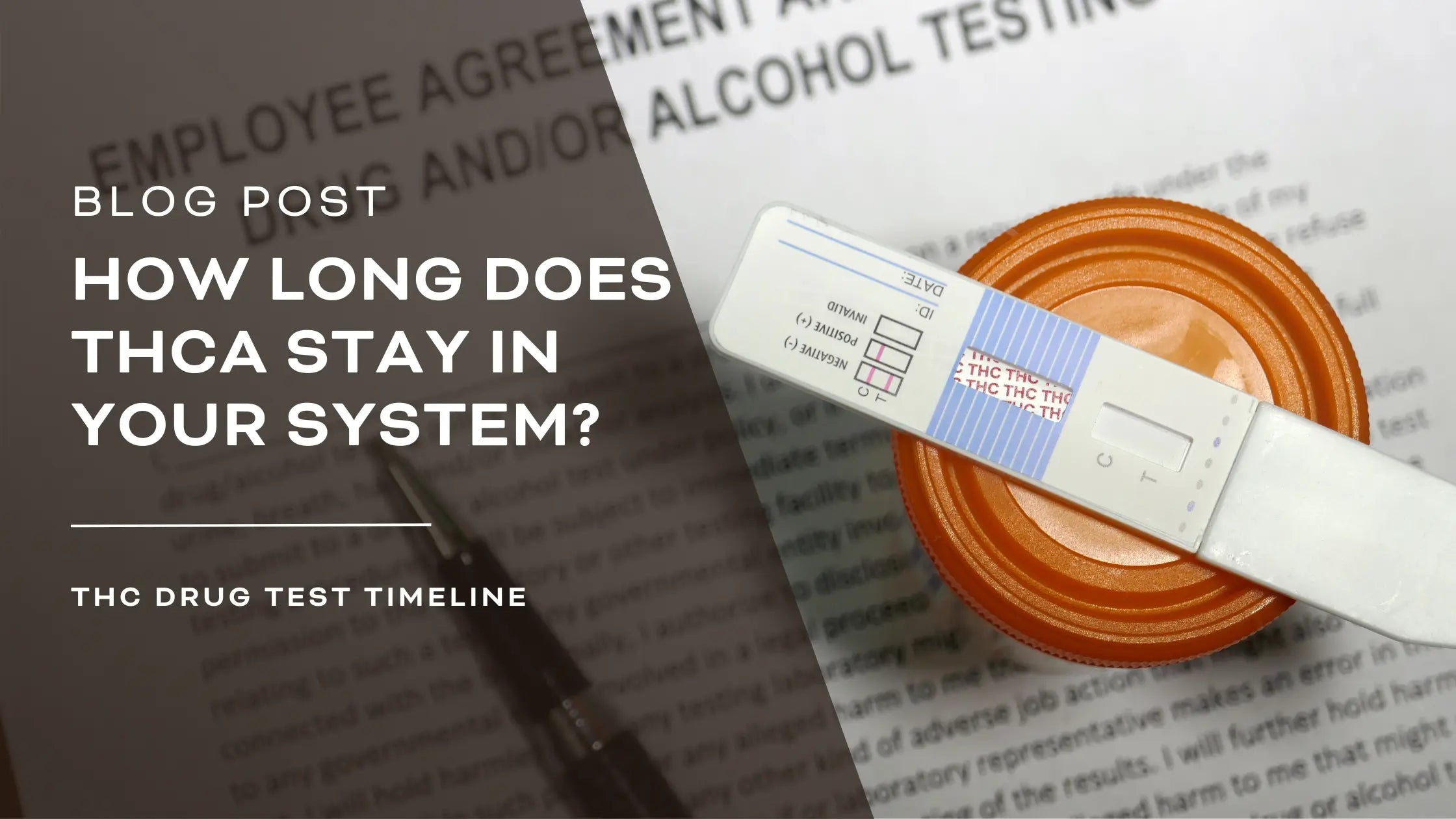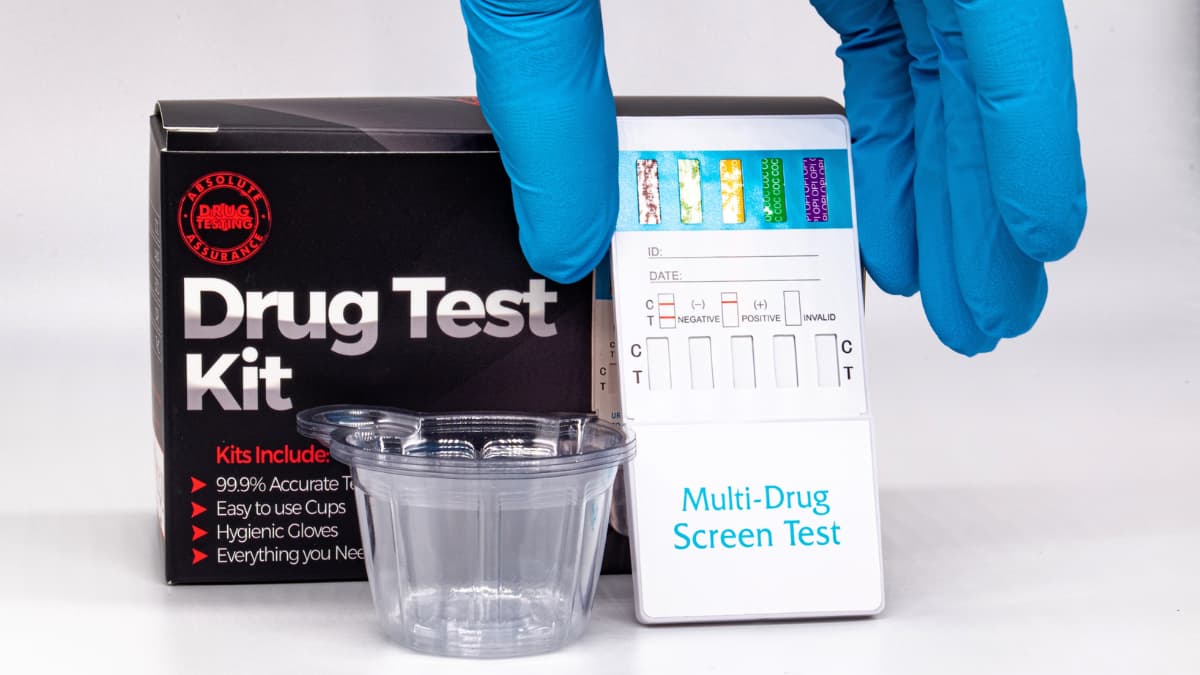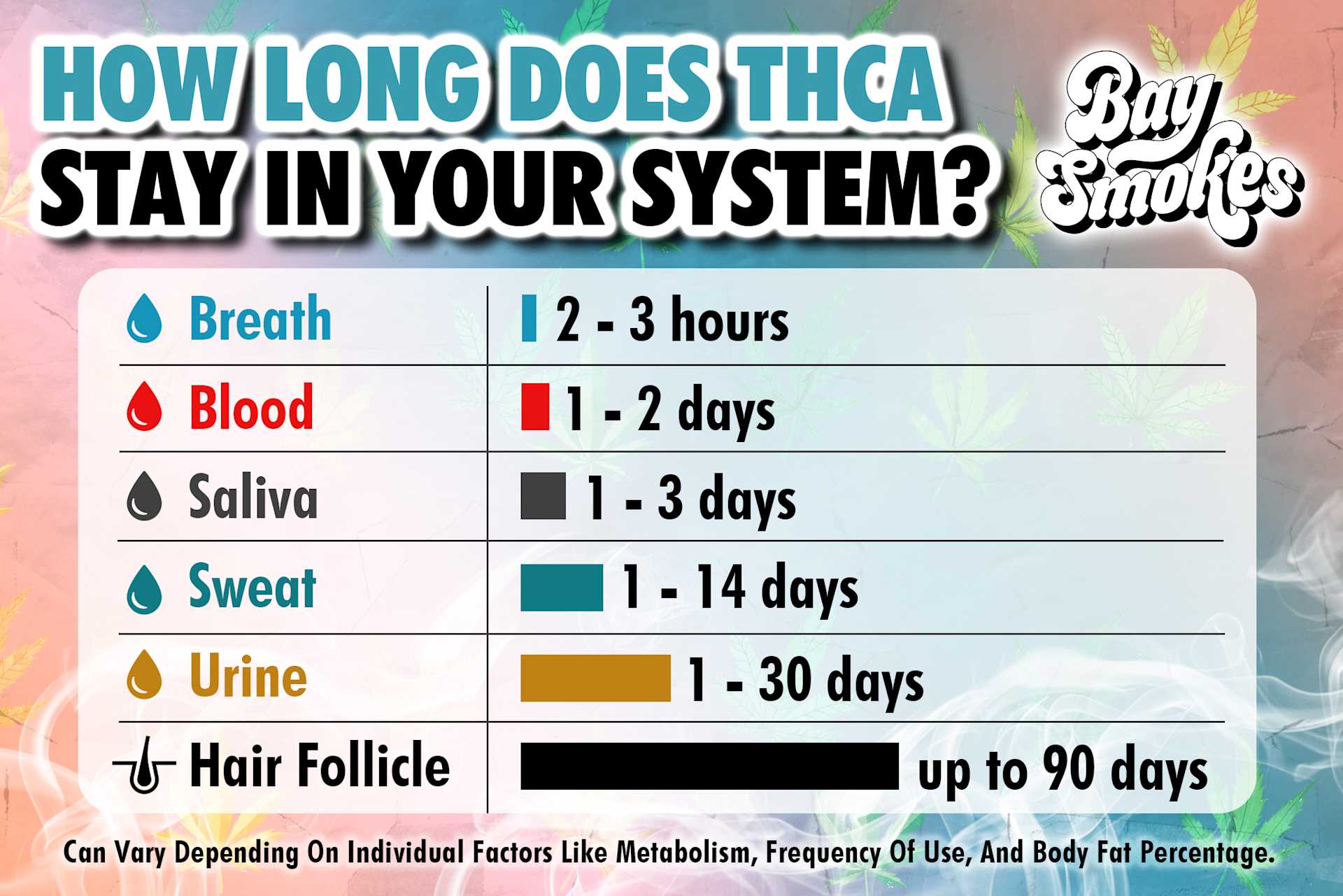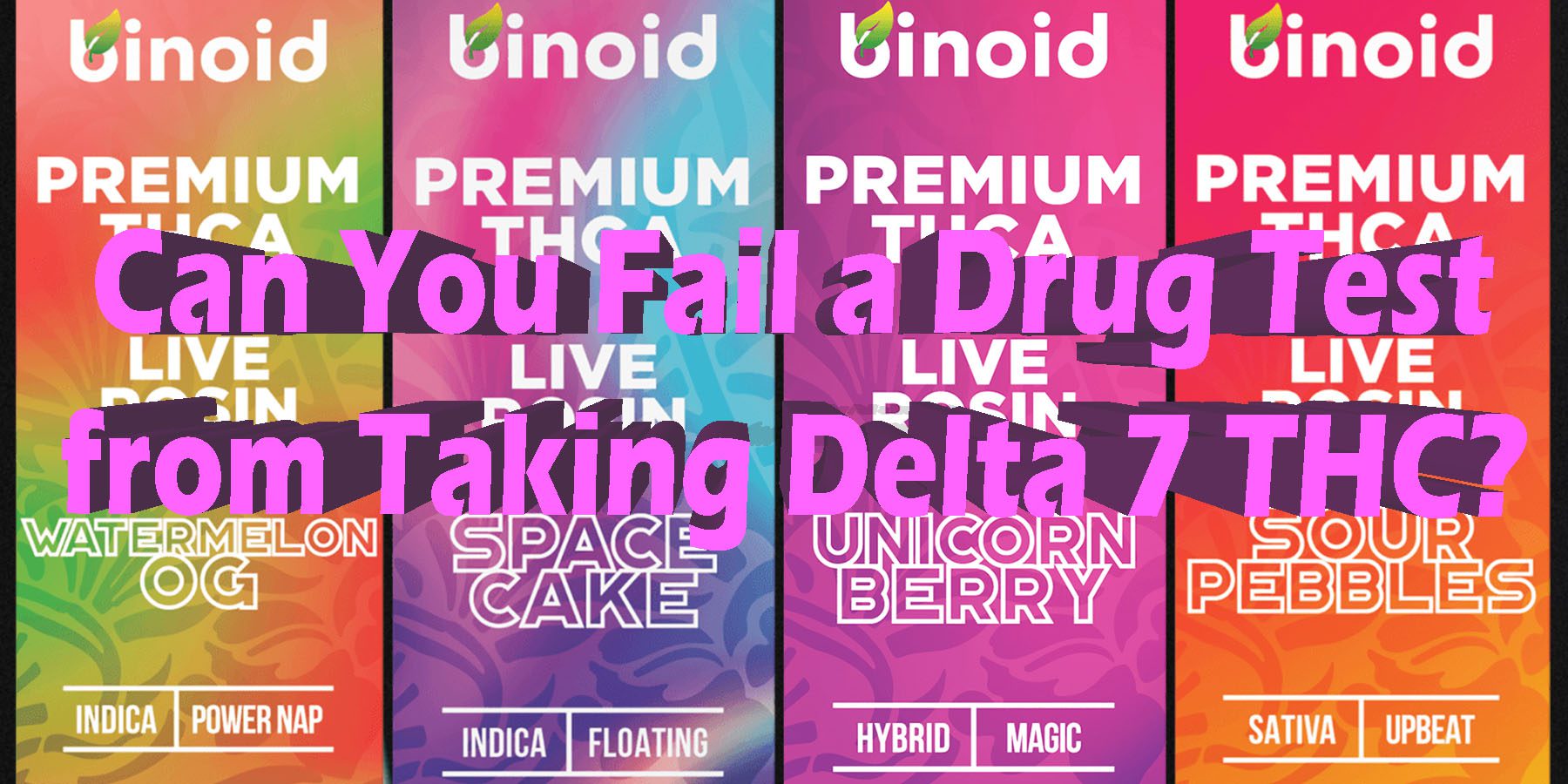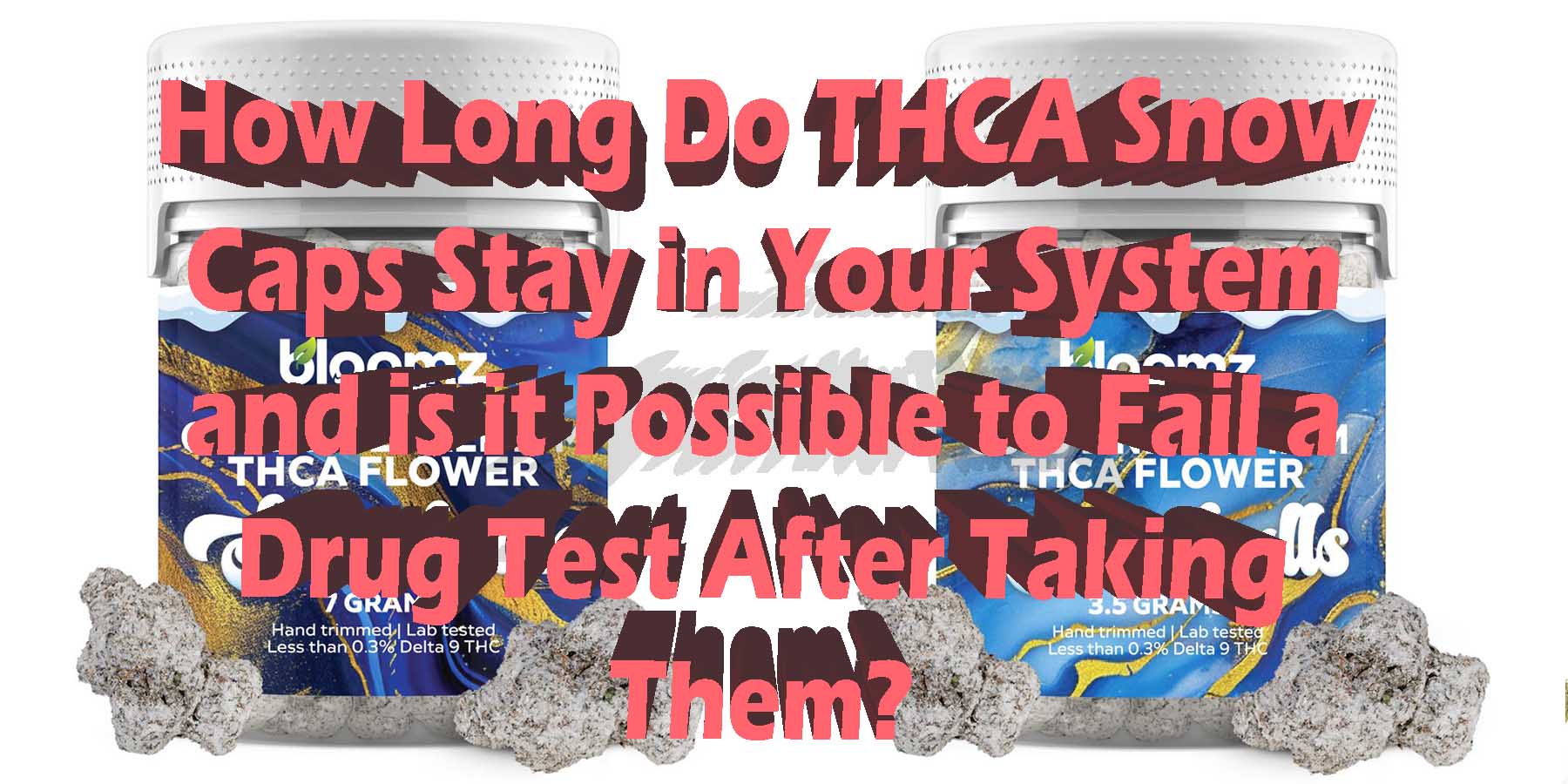Does Thca Fail A Drug Test
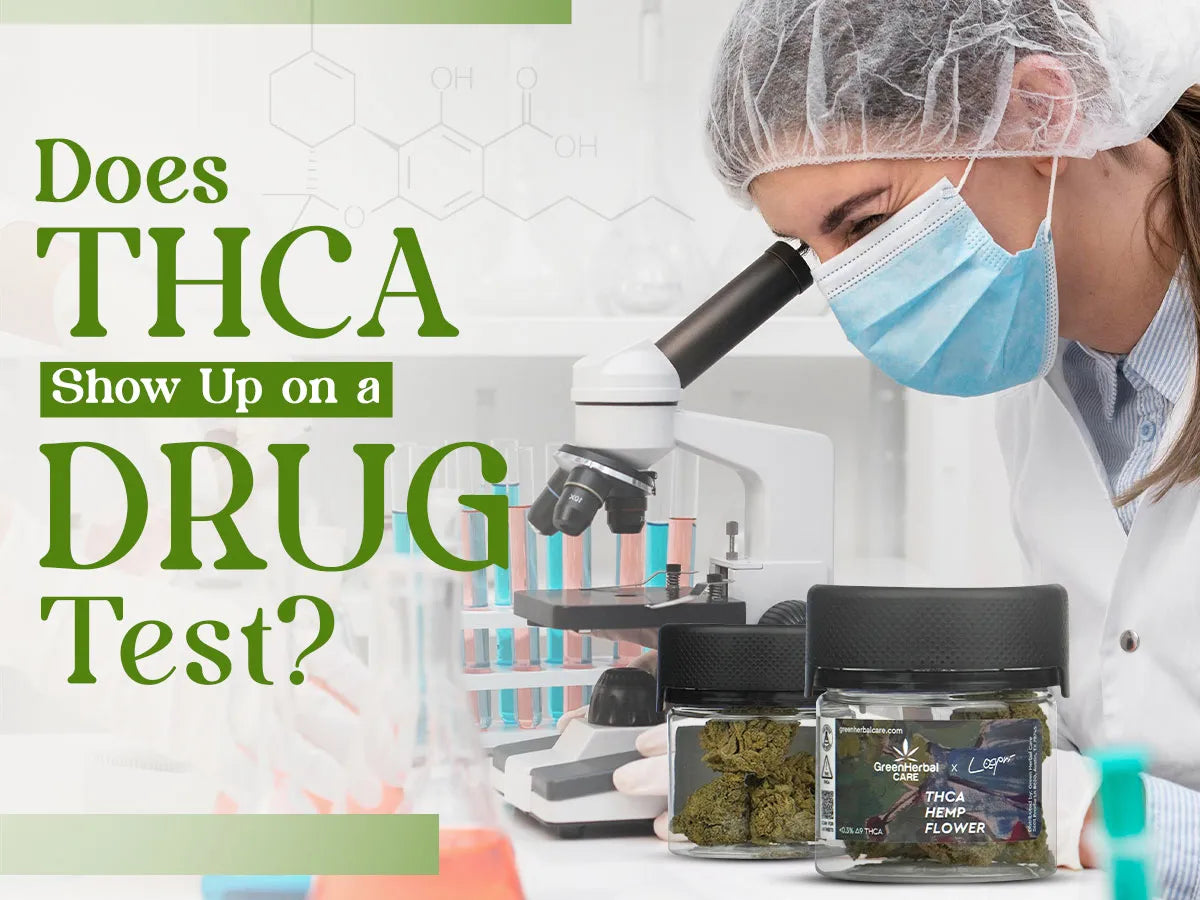
The burgeoning legal landscape surrounding cannabis has introduced a complex question for employers, law enforcement, and individuals alike: Does tetrahydrocannabinolic acid (THCA), the non-psychoactive precursor to THC, trigger a positive result on a standard drug test?
This question, central to understanding the nuances of cannabis consumption in a post-legalization era, demands a careful examination of the science behind drug testing and the specific properties of THCA.
The answer, while seemingly straightforward, is layered with subtleties.
Understanding THCA and Drug Testing
THCA, or tetrahydrocannabinolic acid, is a naturally occurring compound found in raw cannabis plants. It is not psychoactive in its raw form, meaning it doesn't produce the "high" associated with THC.
However, when heated through smoking, vaping, or cooking, THCA undergoes decarboxylation, converting into THC, the psychoactive component that drug tests typically screen for.
Standard drug tests, such as urine tests, blood tests, and hair follicle tests, are designed to detect the presence of THC metabolites, primarily THC-COOH, a byproduct of THC metabolism in the body.
The Nuances of Conversion
The key question becomes: Can consuming THCA lead to the presence of THC metabolites in the body, thereby triggering a positive drug test?
The answer isn't a simple yes or no. Several factors play a role.
Firstly, the amount of THCA consumed is crucial. Small amounts of raw cannabis juice or edibles containing THCA may not be sufficient to raise THC metabolite levels above the detection threshold.
Secondly, the extent of decarboxylation matters. If THCA is heated even slightly, it will convert to THC. The amount of conversion can depend on the temperature, duration, and method of heating.
Thirdly, individual metabolism varies. Some people metabolize THC faster than others, influencing the detection window and metabolite levels.
Scientific Evidence and Expert Opinions
Scientific studies on the direct effects of THCA consumption on drug test results are limited.
Most research focuses on THC itself and its metabolites. However, some experts suggest that consuming large quantities of THCA, especially in forms that might undergo some degree of decarboxylation during processing or storage, could potentially lead to a positive test.
According to Dr. Ethan Russo, a neurologist and cannabis researcher, "While THCA itself is not what drug tests are looking for, the potential for even slight decarboxylation during processing or consumption, coupled with individual metabolic factors, creates a non-zero risk of a positive result."
This sentiment is echoed by many toxicologists and forensic scientists who caution against assuming that THCA consumption is entirely risk-free in the context of drug testing.
The Role of Detection Thresholds
Drug tests have specific detection thresholds, or cutoff levels, that determine whether a result is considered positive or negative.
These thresholds are typically set by regulatory bodies like the Substance Abuse and Mental Health Services Administration (SAMHSA) for federally mandated drug testing.
If THC metabolite levels remain below the cutoff level, the test will be negative, even if some THCA was converted to THC and metabolized.
Implications and Considerations
The uncertainty surrounding THCA and drug testing has significant implications.
For individuals in safety-sensitive positions or those subject to drug testing for employment or legal reasons, the potential risk of a false positive is a serious concern.
Employers need to be aware of the evolving legal landscape and the potential for employees to inadvertently test positive due to THCA consumption, especially in states where cannabis is legal for medicinal or recreational use.
Legal frameworks may need to be updated to reflect the scientific understanding of THCA and its potential impact on drug test results, particularly in cases where individuals are being penalized based on positive tests.
Anecdotal Evidence and Personal Stories
While scientific research is ongoing, anecdotal evidence from individuals who have consumed THCA-rich products and subsequently undergone drug testing offers valuable insights.
Some individuals report passing drug tests despite consuming raw cannabis juice or THCA edibles, while others claim to have tested positive despite only consuming THCA and not THC.
These varied experiences highlight the complexity of the issue and the need for more comprehensive research.
Sarah M., a medical cannabis patient, shared her experience: "I started juicing raw cannabis for its anti-inflammatory benefits. I was terrified of failing my employer's drug test, but so far, I've been clear. I am very careful to never heat the raw cannabis and always get third party lab results."
Conclusion
The question of whether THCA can cause a failed drug test remains complex. While THCA itself is not the target of standard drug tests, its potential for conversion to THC, coupled with individual metabolic factors and varying detection thresholds, creates a risk.
More research is needed to fully understand the relationship between THCA consumption and drug test results.
In the meantime, individuals subject to drug testing should exercise caution when consuming THCA-rich products, be fully aware of potential risks, and consult with legal or medical professionals for personalized advice.
